Elea Chang on Starting a Project With a Mission
- 9 January 2019
- ByRichard Laing
- 2 min read
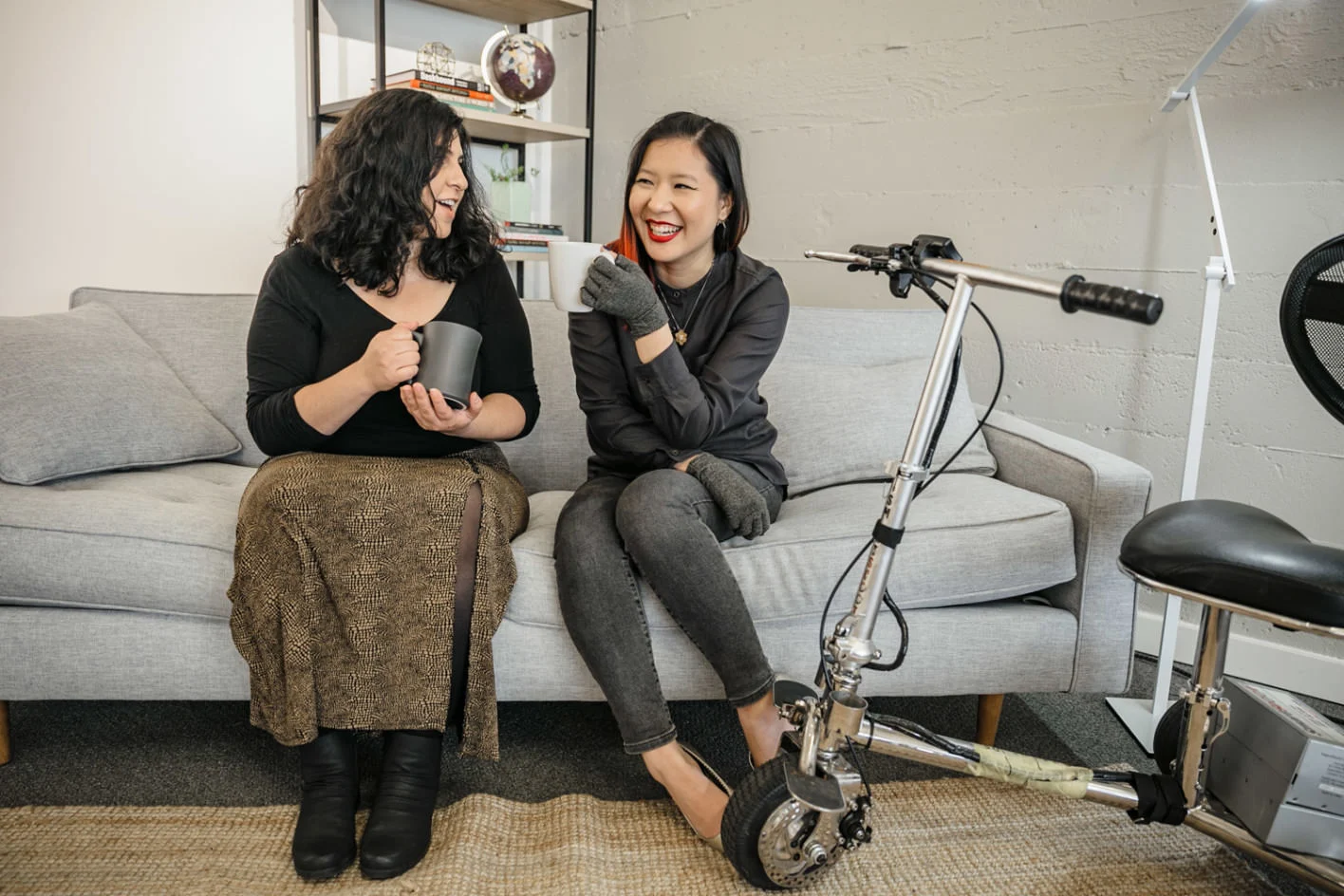
For the past few years, Big Cartel has proudly sponsored Affect Conf, an incredible conference founded by Elea Chang.
Held in Portland, OR, Affect Conf was a 2-day conference with a dash of volunteering that examined the work, culture, and design of social change. Technically it was a conference, but it was also so much more. It was a forum, a sanctuary, a place to whisper, a place to scream, a place to listen, and a place to be heard. Personally speaking, it brought light and clarity to complex and sometimes unfamiliar issues and ideas. It was also radically inclusive in terms of organization and accessibility.
I caught up with Elea to learn about her latest project Disabled and Here, how to support Affect, and what's next.
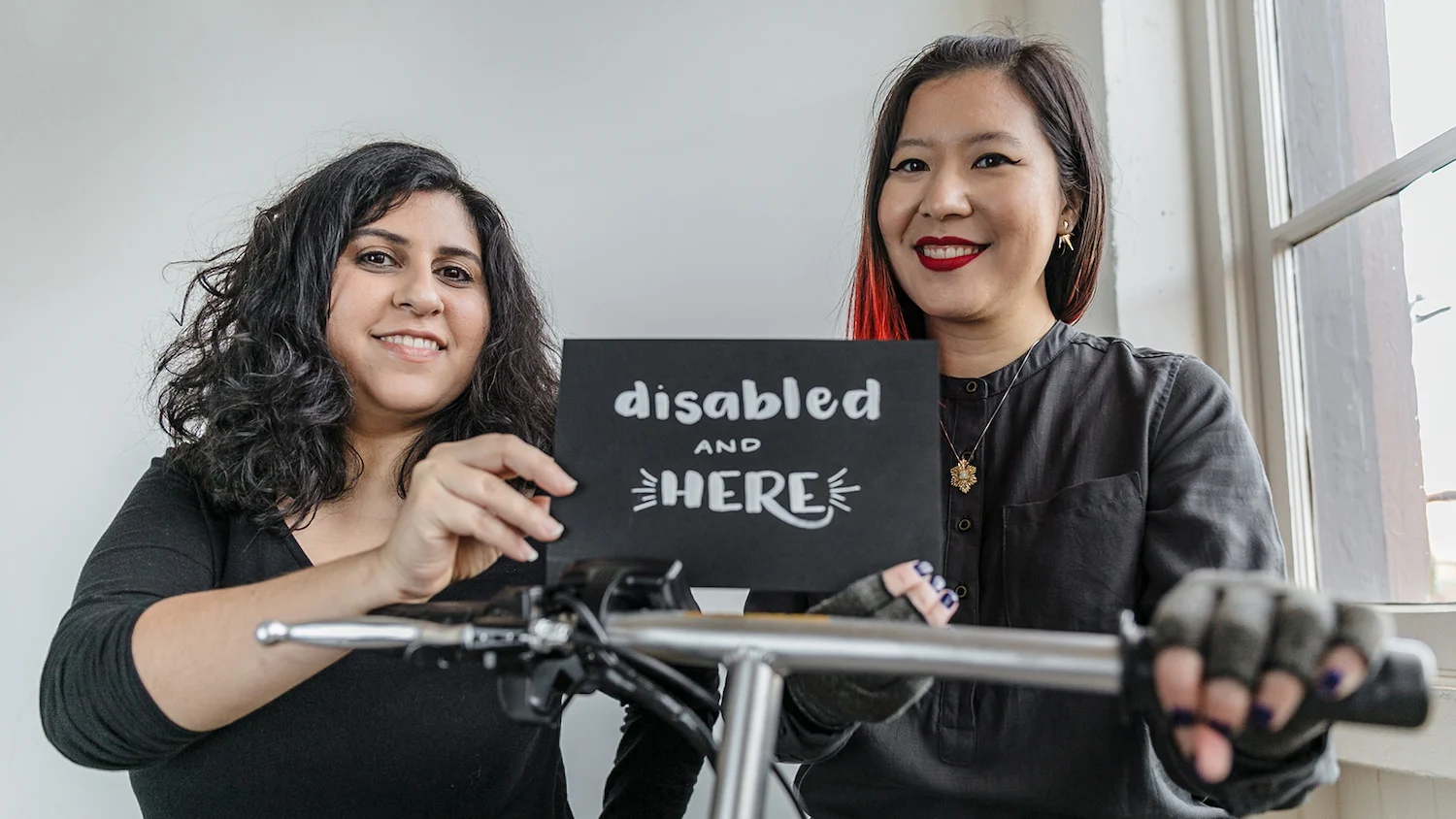
Could you tell us a little bit about where the idea for Disabled And Here came from?
Disabled And Here is a project born from my lived experience. While some people consider "disabled" a loaded word, for me and many other folx in the community, it's empowering to be upfront about this part of our identity, to say: yes, we're disabled, and no, that doesn't make us any less complex as humans.
I also happen to live in Portland, Oregon, which has been called the whitest city in America. Every day, I see erasure of disabled BIPOC (Black, Indigenous, and people of color) happening in physical as well as online spaces, and mainstream media seems to think that disability only affects white people. I want to do something to showcase disabled BIPOC in the Pacific Northwest from our own lens, to celebrate our existence and diversity across the incredibly wide spectrum of disability. Free stock photography accompanied by individual interviews and portraiture just seems like a beautiful, impactful way to spotlight people.
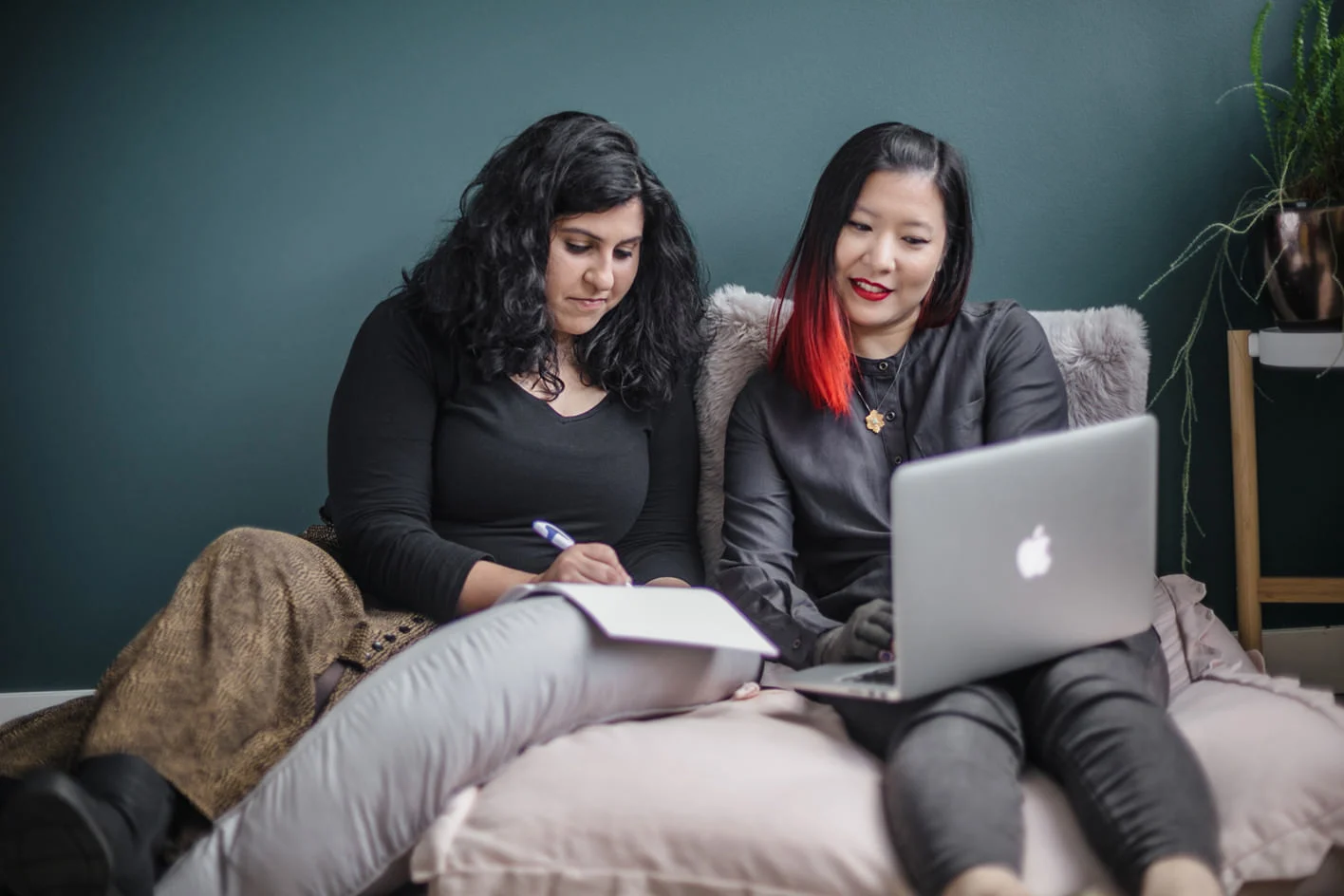
Could you explain a little bit about the importance of representation and how it can affect positive change for marginalized people?
Representation is step one in creating change. There have been far too many disability rights campaigns that are not disability-led and they inevitably end up perpetuating ableism and the status quo, because they forget to center the affected community. Representation is also a form of education, since our ideas are shaped by what we're exposed to. According to the latest CDC survey, one in four adults in the United States is disabled, yet only a tiny portion of that group ever gets featured in media.
In stock photography, often times the model isn't even disabled and they end up posing with poorly-fitting hospital-borrowed mobility aids. Not to mention the total lack of queer, trans, and fat disabled people with melanin being shown. Disabled And Here wants to remind everyone that disabled BIPOC also exist - though we are not a monolith - and might very well be living our best life. Plus, mobility aids are awesome and absolutely customizable.
How can people support Disabled And Here?
The most straightforward way to support Disabled And Here is to donate to the Kickstarter. However, we need the numbers in people as well, so sharing is crucial, and personal sharing is the most effective, whether that's writing your own tweet, texting friends or family, telling coworkers, or getting in touch with organizations that regularly need inclusive stock imagery.
Looking back at Affect Conf, what are you most proud of?
Affect Conf has had really amazing people attend and participate over the last three years. We've had THE best opening keynotes thanks to Ijeoma Oluo, Sydette Harry, and Imani Gandy and attendees have banded together to assemble LED art, paint bathrooms, and draw fantastically punny meal cards for our local nonprofits.
My very favorite thing though is how the conference developed into an accessible community space where multiply marginalized people felt seen and supported. Some even got emotional about it! Everyone deserves to feel safe and valued, and I'm deeply honored that Affect facilitated that.
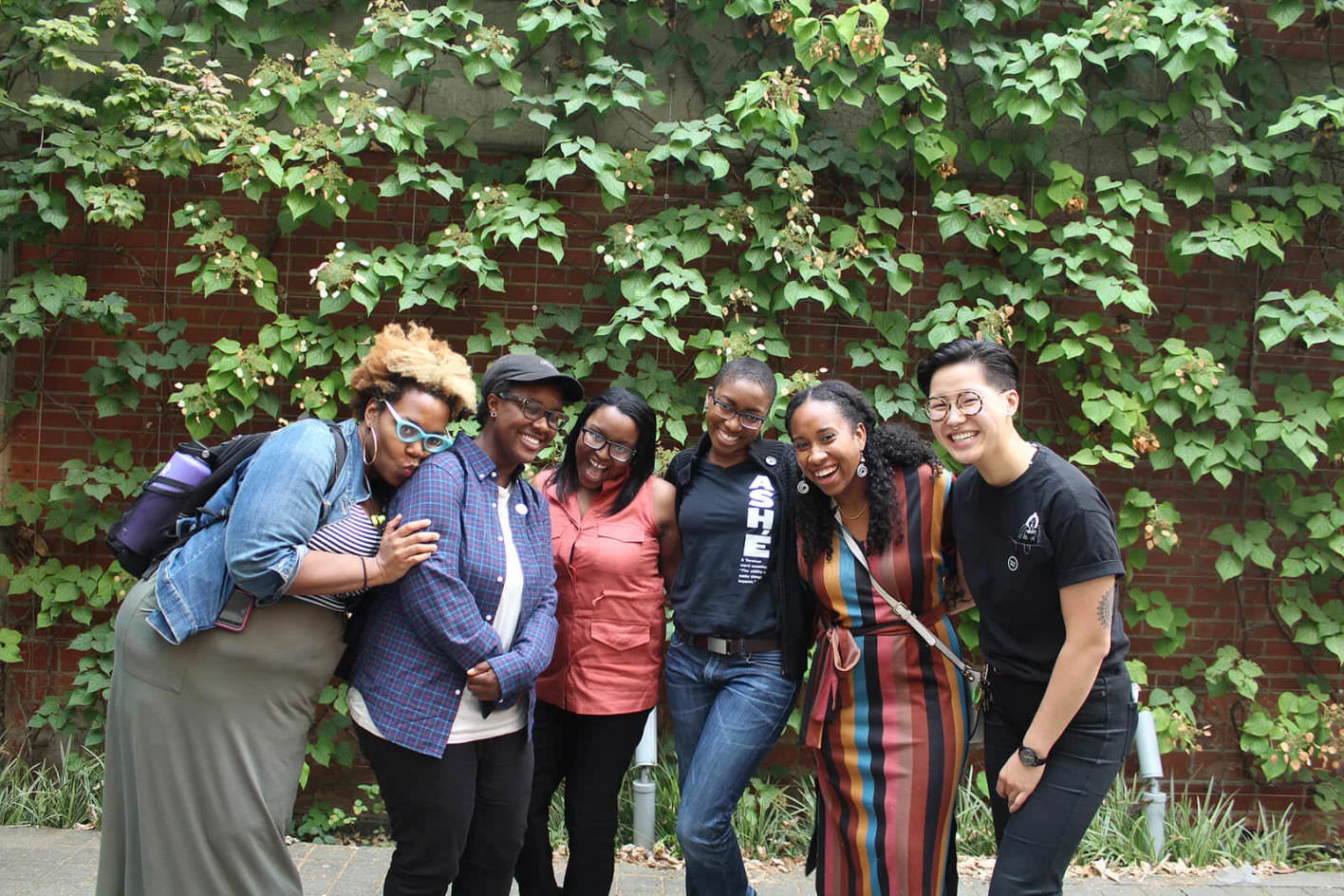
What's the biggest lesson you learned from Affect Conf that you'll apply to future projects?
Affect Conf taught me that it is possible to create something that you've only ever seen in your heart and mind, and you might have to make up a lot of your own rules in order to achieve it. Before launching Affect, I was a user experience designer at social impact organizations / nonprofits, and I just kept longing for an affordable community-centered event where people could be genuine about the work behind the work of social change or even dive into it firsthand. That led to the format of a conference with group volunteering baked in. I initially thought that Affect Conf might just be a one-time thing, because I had no idea if it would come together, if anyone would attend, or if people would actually have a good experience.
Established conference organizers suggested that I prioritize profitability by pricing tickets high and inviting well-known speakers. Instead, every year I lowered ticket prices - culminating in a "pay what you want” experiment, which I’ve always wanted to do - and improved on our accessibility, with live captioning added in year two and color communication buttons in year three. Affect also consistently held an open call for speakers and budgeted for travel and honorariums, because free labor is highly overrated while first-time speakers are underrated. And at the end of year three, we actually made a small profit for the first time (which I then promptly threw into launching Disabled And Here).
Disabled And Here is a very similar kind of dream. I can picture the photo series, even though I haven't seen anything in this vein yet, and I really want someone to bring inclusive imagery of disabled BIPOC into being, whether or not it's me!
Whose work is influencing you right now?
Disabled BIPOC keep me going when I feel exhausted and drained, and three in particular are my biggest sources of motivation lately. First, there's Imani Barbarin, a writer as well as the Director of Communications and Outreach for Disability Rights Pennsylvania, whose Twitter you should just follow right now. Then, there's Alice Wong, founder and director of the Disability Visibility Project, who regularly features disabled activists on the DVP podcast and ensures that my Twitter timeline is filled with a variety of disabled voices. Lastly, special thanks to Talila Lewis, who previously came to Affect Conf to give a primer on disability justice and disability solidarity, and whose words I carry with me in all the work I do these days.
What are you reading right now?
I bought Electric Arches by Eve L. Ewing almost two years ago, and I'm still slowly making my way through it, because I keep taking breaks to fully absorb the emotional resonance of each poem. The last book I finished was Nicole Chung's memoir, All You Can Ever Know.
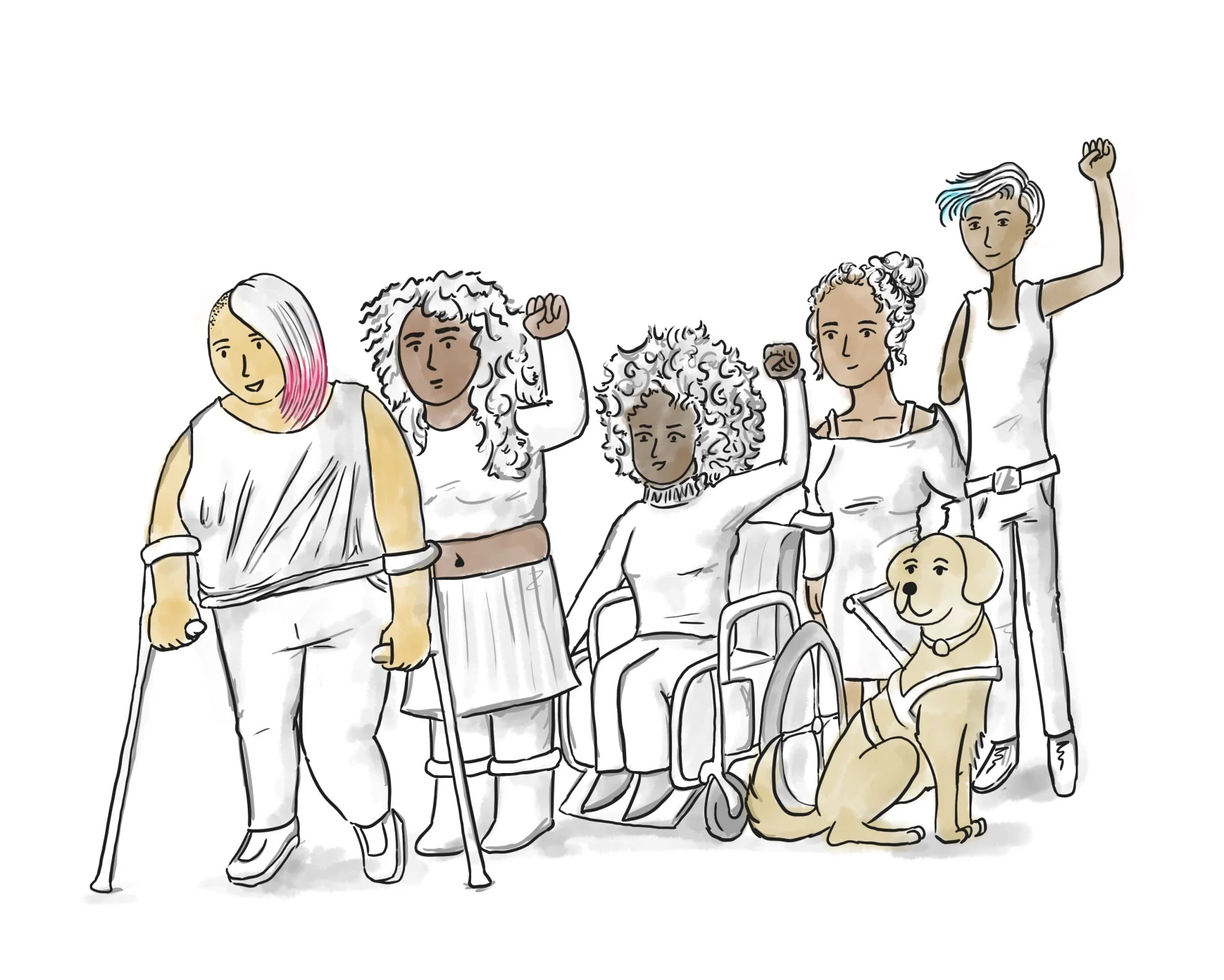
Illustration by Elea Chang and Corey Mohler
You're on Instagram at @affecttheverb. Where else can people follow and stay up to date with what you're working on?
We're also on Twitter as @affecttheverb. At some point, affecttheverb.com will link to an actual page instead of redirecting to our social media!
Read our recap of Affect Conf 2017 here.
9 January 2019
Words by:Richard Laing
- Share